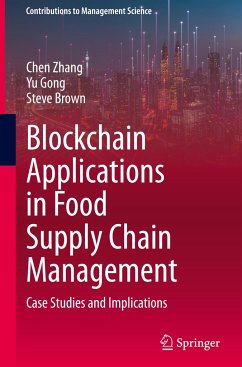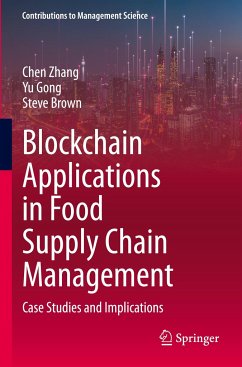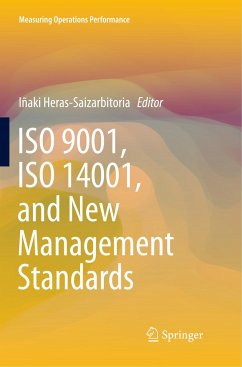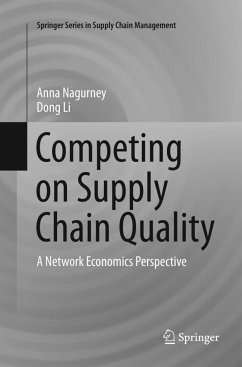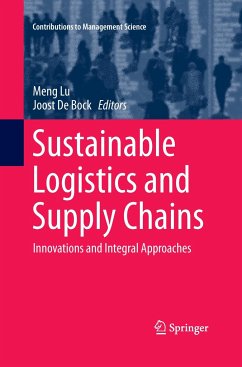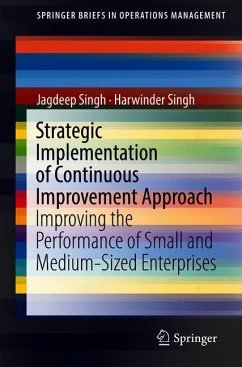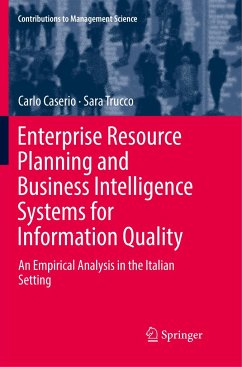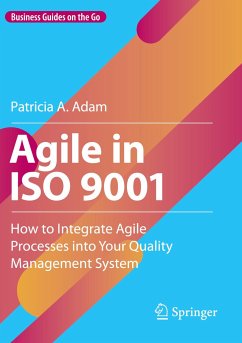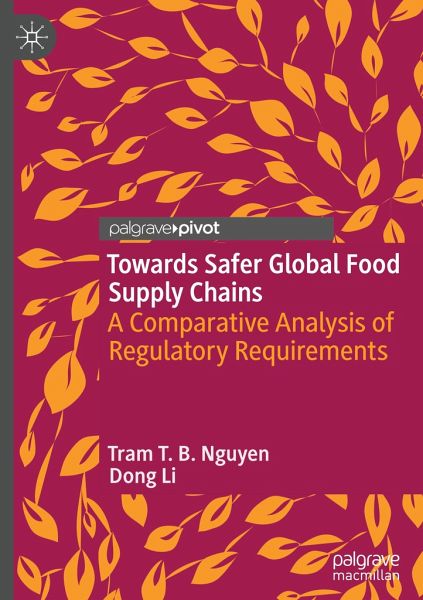
Towards Safer Global Food Supply Chains
A Comparative Analysis of Regulatory Requirements

PAYBACK Punkte
17 °P sammeln!
Implementing a food safety management system (FSMS) is a regulatory requirement for every firm in global food supply chains. At any scale, it could be influenced by many factors since the global food supply chains consist of a large number of stakeholders involved with an enormous variety of structures, the logistics of which will undoubtedly change rapidly, scale-up and diversify continuously.This book contains five chapters that aim to give an in-depth exploration of critical success factors (CSF) for food safety management in global supply chains. To fill the identified research gaps, the a...
Implementing a food safety management system (FSMS) is a regulatory requirement for every firm in global food supply chains. At any scale, it could be influenced by many factors since the global food supply chains consist of a large number of stakeholders involved with an enormous variety of structures, the logistics of which will undoubtedly change rapidly, scale-up and diversify continuously.
This book contains five chapters that aim to give an in-depth exploration of critical success factors (CSF) for food safety management in global supply chains. To fill the identified research gaps, the authors present empirical evidence from their research to verify critical success factors and their relationships with FSMS. Furthermore, the impact of supplier selection and supply chain relationships on food safety management in global supply chains are explored to identify Best Practice in FSMS implementation. This book will appeal to scholars working in food safety management,supply chain management and the impact of globalisation.
This book contains five chapters that aim to give an in-depth exploration of critical success factors (CSF) for food safety management in global supply chains. To fill the identified research gaps, the authors present empirical evidence from their research to verify critical success factors and their relationships with FSMS. Furthermore, the impact of supplier selection and supply chain relationships on food safety management in global supply chains are explored to identify Best Practice in FSMS implementation. This book will appeal to scholars working in food safety management,supply chain management and the impact of globalisation.





